
Purple poppy mallow
Callirhoe involucrata
Zones: 4–9
Size: 8 to 12 inches tall and 2 to 3 feet wide
Conditions: Full sun to partial shade; well-drained soil
Native range: United States, south-central Canada, northern Mexico
Purple poppy mallow, also called wine cup, forms low mounds of dense, deeply green foliage that is nicely complemented by its striking magenta blossoms, which provide nectar for butterflies and bees alike. The largest show of blooms is in spring, but this plant will continue to flower intermittently throughout the year. Purple poppy
mallow is evergreen in warmer areas and semi-evergreen in colder zones. In locations where it is semi-evergreen, simply trim back dead stems and leaves, and a flush of new basal foliage will soon follow. This plant has a trailing habit that can be accentuated by allowing it to cascade over a wall. Once established, purple poppy mallow is drought tolerant. It’s also an important host plant for the gray hairstreak and painted lady butterflies.
Texas sotol
Dasylirion texanum
Zones: 7–11
Size: 3 to 5 feet tall and wide
Conditions: Full sun; dry, well-drained soil
Native range: Texas, northeastern Mexico
Texas sotol has an elegant, organized growth shape that can add evergreen structure to any Southwest garden. The long, strap-shaped leaves radiate out from the base, creating a rounded shape. This foliage is lined with hooked, sharp spines and has historically been used to create baskets, roofs, and ropes. Texas sotol thrives in scorching full sun with very well-draining soil. Once it is mature, it will bloom every year to every other year in early summer. The flower spike grows to a stately 8 to 15 feet tall with densely packed creamy yellow flowers that pollinators swarm to. This perennial makes an impressive accent plant or container plant; it also can be used to create a nice border when plants are given enough space to fill in.
Damianita daisy
Chrysactinia mexicana
Zones: 7–11
Size: 2 feet tall and wide
Conditions: Full sun; dry, well-drained soil
Native range: New Mexico, Texas, eastern Mexico
This perennial is a stellar xeric plant bearing vibrant yellow blooms, and its rounded growth habit brings a softer texture to the landscape. The composite flowers are quite showy with their bright yellow radiate heads, and the needlelike foliage below is very fragrant. In spring, blossoms carpet the plant and will continue to bloom off and on throughout summer. Damianita daisy makes for a stunning accent or a showy mass planting, but it can also be used as an attractive ground cover. This perennial thrives best in full sun and will tolerate poor soil. A light tipping after bloom periods will help shape the plant as well as encourage more blooming and denser foliage. Damianita daisy is exceptionally drought tolerant.
Breaklights® red yucca
Hesperaloe parviflora ‘Perpa’
Zones: 5–10
Size: 2 feet tall and wide
Conditions: Full sun to partial shade; well-drained soil
Native range: Texas, northeastern Mexico
Despite the name, red yucca is not a true yucca (Yucca spp. and cvs., Zones 4–10), although it performs like one. The cultivar Breaklights® has a bright crimson-red flower color that contrasts well with the bluish-green foliage below. It blooms from early spring through summer. Hummingbirds love to visit the tubular red flowers. Growing from 2 to 3 feet tall, the bloom stalk is at first the same bright crimson red as the flowers. As it ages, it turns green and eventually brown. This perennial thrives in the hottest of full-sun beds but can take partial shade as well. It also looks stunning in a large patio pot. Its succulent grasslike foliage provides year-round interest. Once established, this plant is very drought tolerant, but it will bloom more prolifically with supplemental water during the dry periods of summer.
Amy Galloway is a horticulturist at the Lady Bird Johnson Wildflower Center in Austin, Texas.

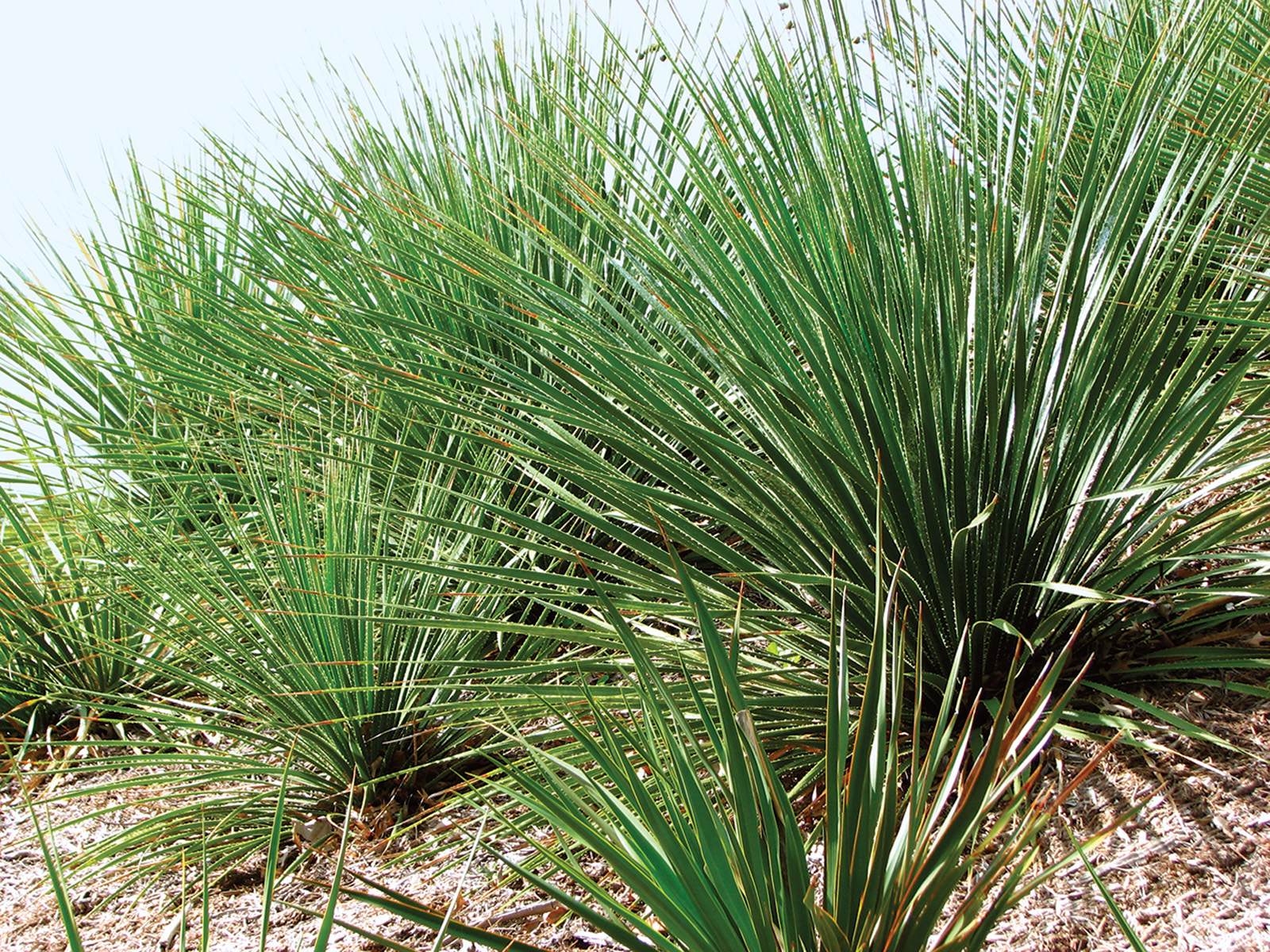


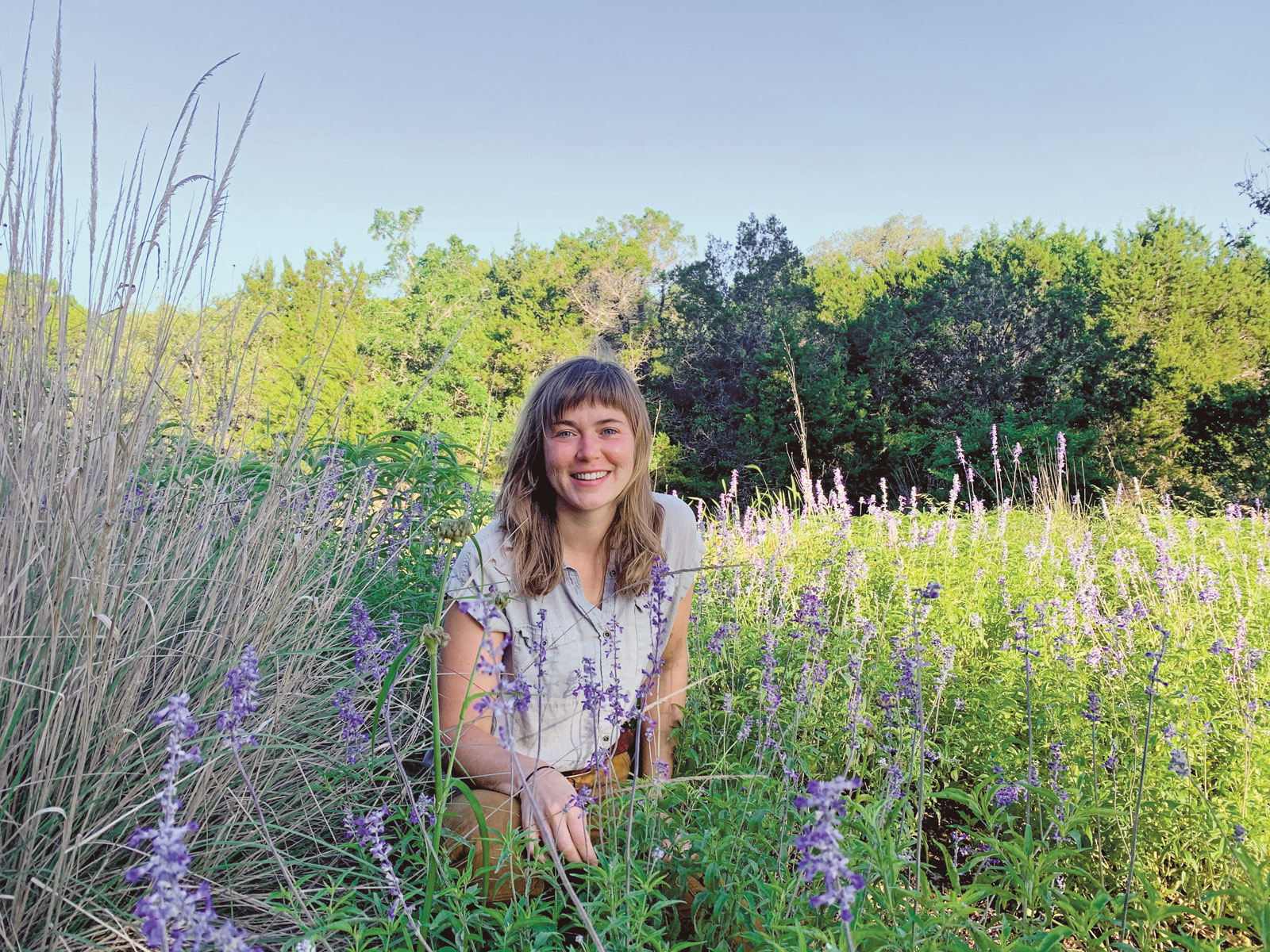
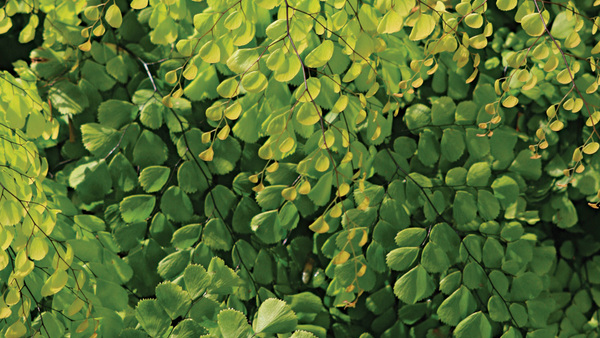
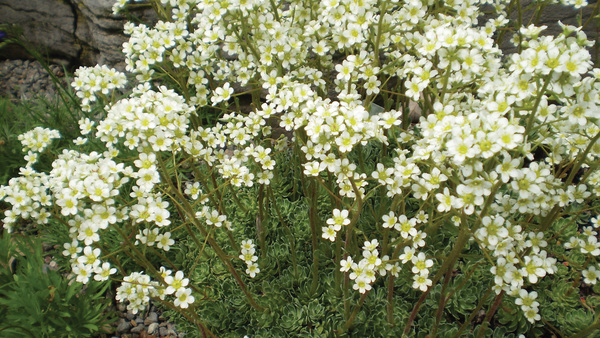
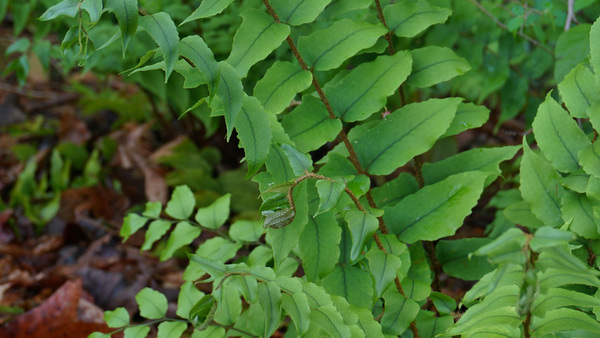
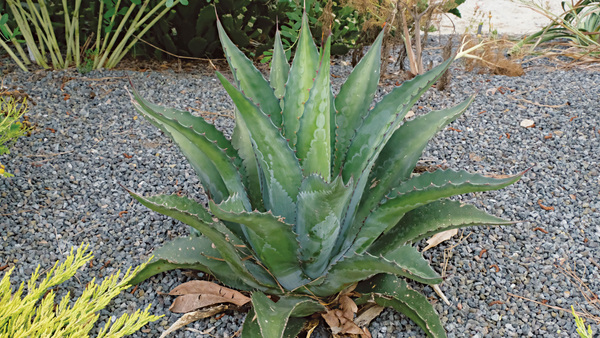

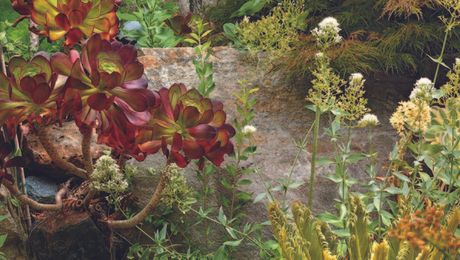
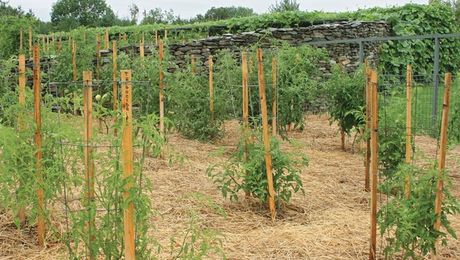









Comments
Log in or create an account to post a comment.
Sign up Log in